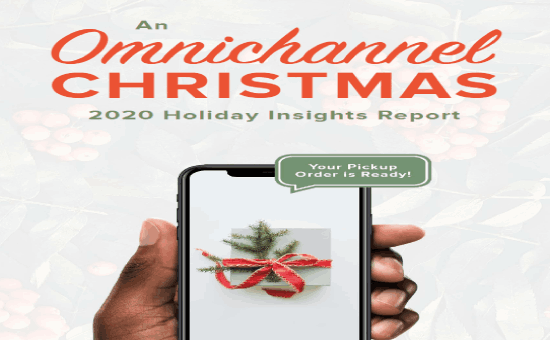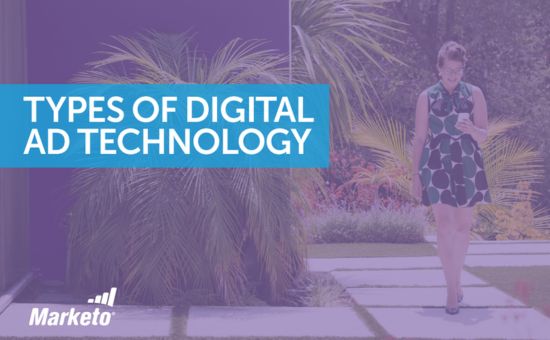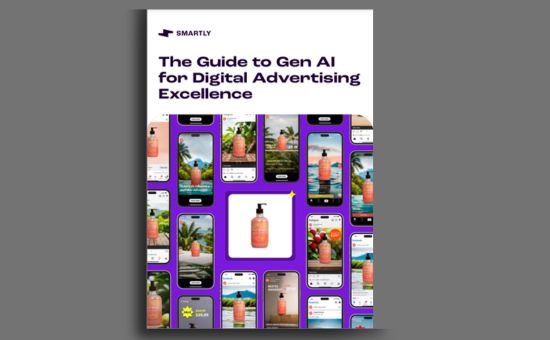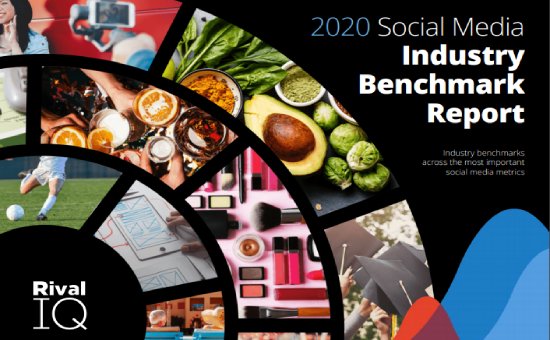How To Seamlessly Integrate Social Media Into Your Pr Efforts | Muck Rack
Digital Advertising
Only during important events did media professionals and the general public communicate on a large scale, and through a limited number of public platforms like radio, television, or print newspapers.
In the same way that social media linked billions of people worldwide, it also created a direct channel of communication between PR specialists and the general public.
It made PR professionals more responsive to changes in public opinion of their firm or client and more proactive in maintaining brand reputation online. Let’s skip this introduction, and dive in!
Why PR Professionals Need to Use Social Media
- One: it’s not going anywhere
A staggering 69 percent of all American adults routinely use social media, and that percentage is rising yearly.
Furthermore, an overwhelming 70% of journalists cited Twitter as their most valuable social network in Muck Rack’s 2017 Annual Journalist Survey.
In addition to being a tool for public relations campaigns, social media also serves as a channel for media outreach. And it will remain.
- Two: Social media is always on, whether you’re present or not.
Everyone has access to social media at any time because it is a worldwide medium.
We’re not referring to the monster that lurks in your closet; ignoring social media’s influence won’t make it go away.
Whether or whether you monitor social media to hear what customers are saying about your brand, they can and will still talk about it.
Social media activity allows PR professionals to stay up to date on events in their field and around the globe and respond accordingly.
How PR Professionals Can Use Social Media
- One: to find journalists to pitch
Professional journalists generate content daily across the most popular social networking platforms, much like the general public does.
Reporters are using social media more and more, from sharing recent stories to following events and looking for sources on Twitter.
And of course, social media can help PR pros to pitch smarter. Consider this statistic from Muck Rack’s
2017 Annual Journalist Survey: When asked, why do you immediately reject otherwise relevant pitches,
22 percent of journalists cited a lack of personalization.
Social media gives PR professionals a behind-the-scenes glimpse at the journalists they’re thinking of pitching, giving them crucial information on how to effectively approach communication.

- Two: To find influencers to work with:
More than ever, PR professionals and the brands they represent may have a lot of opportunities thanks to these social media influencers with large followings.

- Three: To quickly find and react to a crisis
If brands aren’t careful, social media offers a new (and possibly expensive) opportunity for them to seriously screw up in front of their audience.
A wasted opportunity or a major catastrophe may result from PR professionals’ failure to keep an eye out for brand mentions on social media
and to have a strategy in place for handling positive and negative customer feedback. Monitoring social media should be part of any crisis management strategy you already have in place.
- Four: To make announcements
Social media enables PR practitioners to communicate directly with the public (and in a shareable way!), in addition to the pitch or press conference as an effective tool to educate the media about breaking news or events.
Social media spreads information quickly, giving it a wonderful platform for PR professionals to announce significant company news and instantly reach a broad audience.
The Table of Contents of “How To Seamlessly Integrate Social Media Into Your PR Efforts” Guide:
- Why PR professionals need to use social media
- How PR professionals can use social media
- 5 quick tips and tricks for using social media effectively
Number of Pages:
- 11 pages
Pricing:
- Free
Warning: Undefined array key "sidebar_ads" in /home/dmc/public_html/wp-content/themes/DMC/functions/helpers.php on line 824






